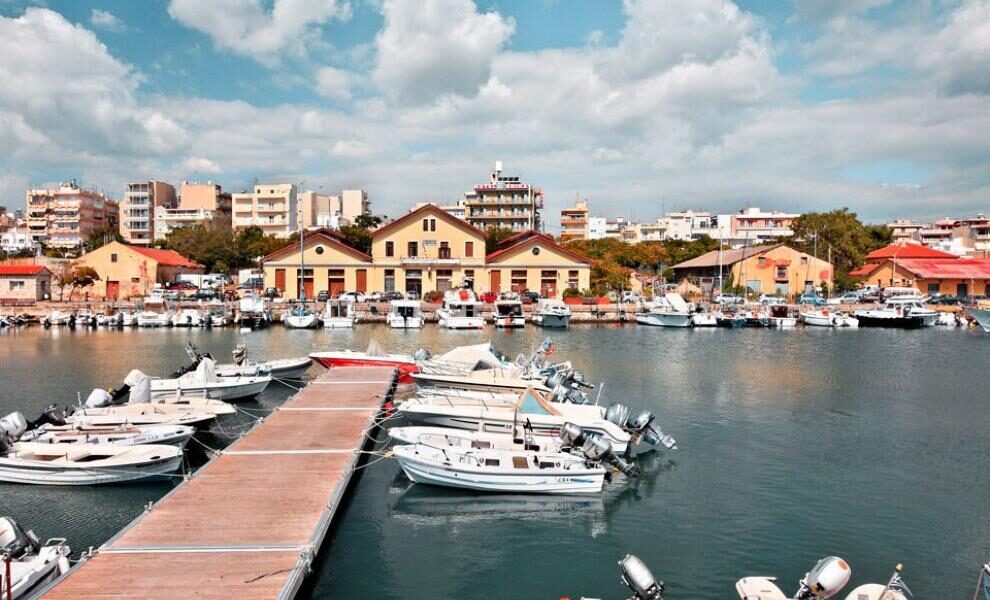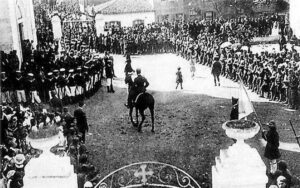Exploring the Rich History of Alexandroupoli: From Ancient Roots to Modern Resilience
Alexandroupoli, or Alexandroupolis, situated in Greece, stands as the capital of the Evros regional unit in East Macedonia and Thrace. With a population of 57,812 inhabitants, it proudly holds the title of the largest city in Thrace, both in size and population, as well as being a significant port and commercial hub in northeastern Greece.
This vibrant city, nestled along the coast, has a history that dates back to ancient times. According to Herodotus, modern Alexandroupoli is located near the site of ancient Sale, a colony of Samothrace. However, it was during the Ottoman Empire that the city gained prominence, known then as Dedeağaç, derived from the name of an old Turkish wise man who was laid to rest beside a tree.
The city underwent several name changes over the years, eventually becoming Neapoli ("new city") upon its liberation in 1920. However, it was King Alexander I of Greece whose visit prompted the city to be renamed Alexandroupoli, "city of Alexander," in his honor.
Throughout its history, Alexandroupoli has witnessed various conflicts and occupations, including Russian capture during the Russo-Turkish War and Bulgarian occupation during both World War I and II. Despite these challenges, the city's resilience has prevailed, with periods of growth and development far outweighing moments of hardship.
The city's strategic location, bordering Constantinople during the Byzantine Period, contributed to its significance as a military stronghold. Today, traces of its past can still be found in its architecture and layout, a legacy of its Ottoman and Byzantine influences.
As Alexandroupoli continues to evolve, it remains a testament to the enduring spirit of its inhabitants. From its humble beginnings as a fishing village to its current status as a thriving urban center, the city stands as a symbol of resilience, adaptability, and the enduring spirit of the Greek people.
In conclusion, Alexandroupoli's rich history, from its ancient roots to its modern-day resilience, offers a fascinating glimpse into the complexities of Greek culture and identity. As the city looks towards the future, it does so with a deep appreciation for its past, honoring the traditions and heritage that have shaped its unique character.



